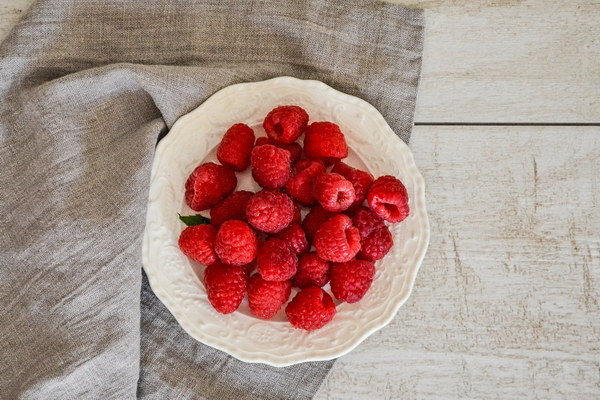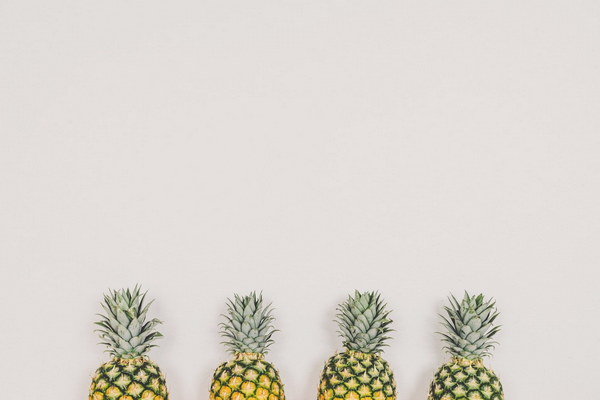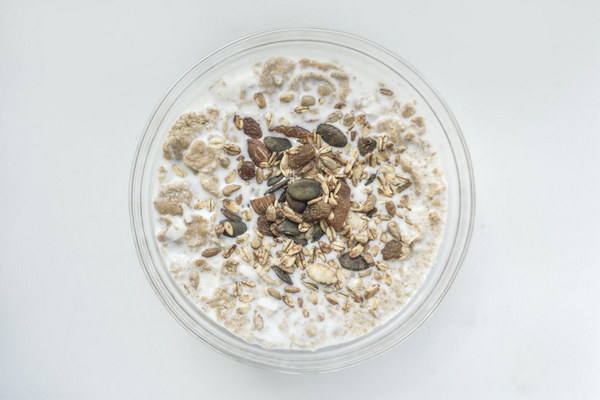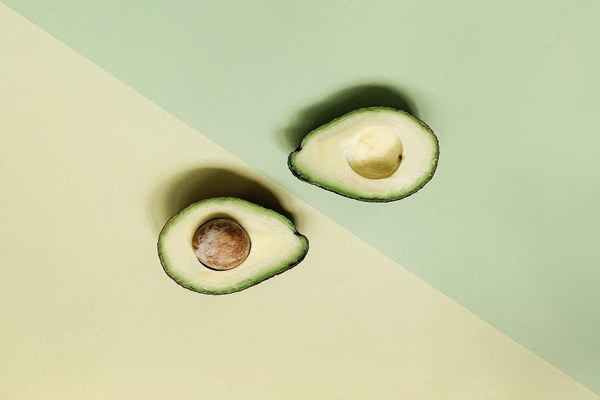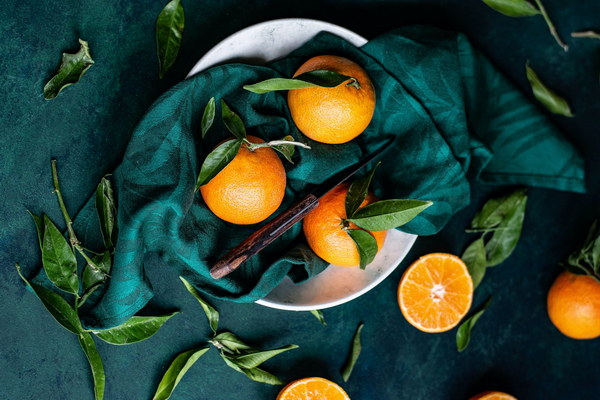Can Children Consume Pumpkins to Support Lung Health A Comprehensive Guide
Introduction:
Pumpkins are not only a delightful addition to the fall season, but they also offer numerous health benefits. With their vibrant color and versatility, pumpkins have become a popular ingredient in various dishes. One of the most frequently asked questions is whether pumpkins can help in lung health, especially for children. In this article, we will explore the potential benefits of pumpkins for lung health and whether children can safely consume them.
Benefits of Pumpkins for Lung Health:
Pumpkins are a rich source of vitamins, minerals, and antioxidants that can support lung health. Here are some key benefits:
1. Vitamin A: Pumpkins are an excellent source of vitamin A, which is essential for maintaining healthy respiratory passages. Vitamin A helps in reducing the risk of lung infections and supports the immune system.
2. Antioxidants: Pumpkins are packed with antioxidants, such as beta-carotene, lutein, and zeaxanthin. These antioxidants help in neutralizing harmful free radicals in the body, reducing inflammation, and protecting the lungs from damage.
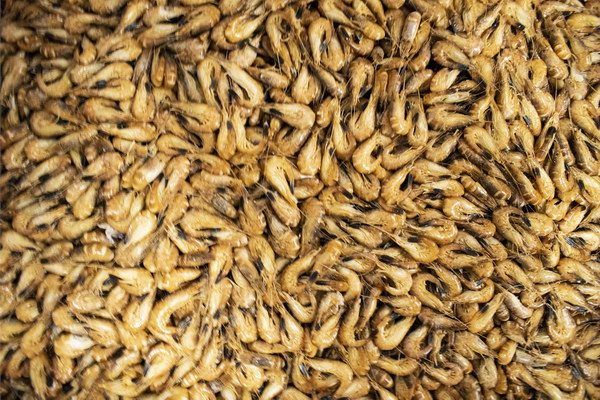
3. Fiber: Pumpkins contain a high amount of dietary fiber, which can help in maintaining healthy digestion. Good digestion is crucial for overall health, including lung health.
4. Water Content: Pumpkins have a high water content, which can help in keeping the respiratory passages hydrated, preventing dryness and irritation.
Can Children Eat Pumpkins for Lung Health?
Yes, children can safely consume pumpkins for their lung health. However, it is essential to consider a few factors:
1. Age-Appropriate Preparation: Young children may have difficulty chewing and swallowing whole pumpkin seeds, so it's important to remove them from the pumpkin before cooking. Additionally, ensure that the pumpkin is cooked until it's soft and easily mashed or pureed.
2. Allergies: Some children may have allergies to certain ingredients in pumpkin, such as vitamin A. If your child has a known allergy, consult a healthcare professional before introducing pumpkin into their diet.
3. Moderation: While pumpkins offer numerous health benefits, it's essential to consume them in moderation. Too much of anything can be harmful, so incorporate pumpkin into your child's diet as part of a balanced meal plan.
How to Incorporate Pumpkins into Your Child's Diet:
1. Pumpkin Soup: Prepare a creamy, warm pumpkin soup with a touch of ginger, garlic, and turmeric for added flavor and health benefits.
2. Pumpkin Puree: Blend cooked pumpkin until smooth and use it as a base for pancakes, muffins, or smoothies.
3. Roasted Pumpkin Seeds: Roast pumpkin seeds with a sprinkle of salt or a dash of cinnamon for a healthy snack option.
4. Pumpkin Oatmeal: Mix cooked pumpkin puree into oatmeal for a nutritious and flavorful breakfast.
Conclusion:
Incorporating pumpkins into your child's diet can offer numerous health benefits, including lung health. With proper preparation and moderation, pumpkins can be a delightful and nutritious addition to your child's meal plan. Consult with a healthcare professional if you have any concerns or specific dietary requirements. Enjoy the deliciousness of pumpkins while supporting your child's overall health!
